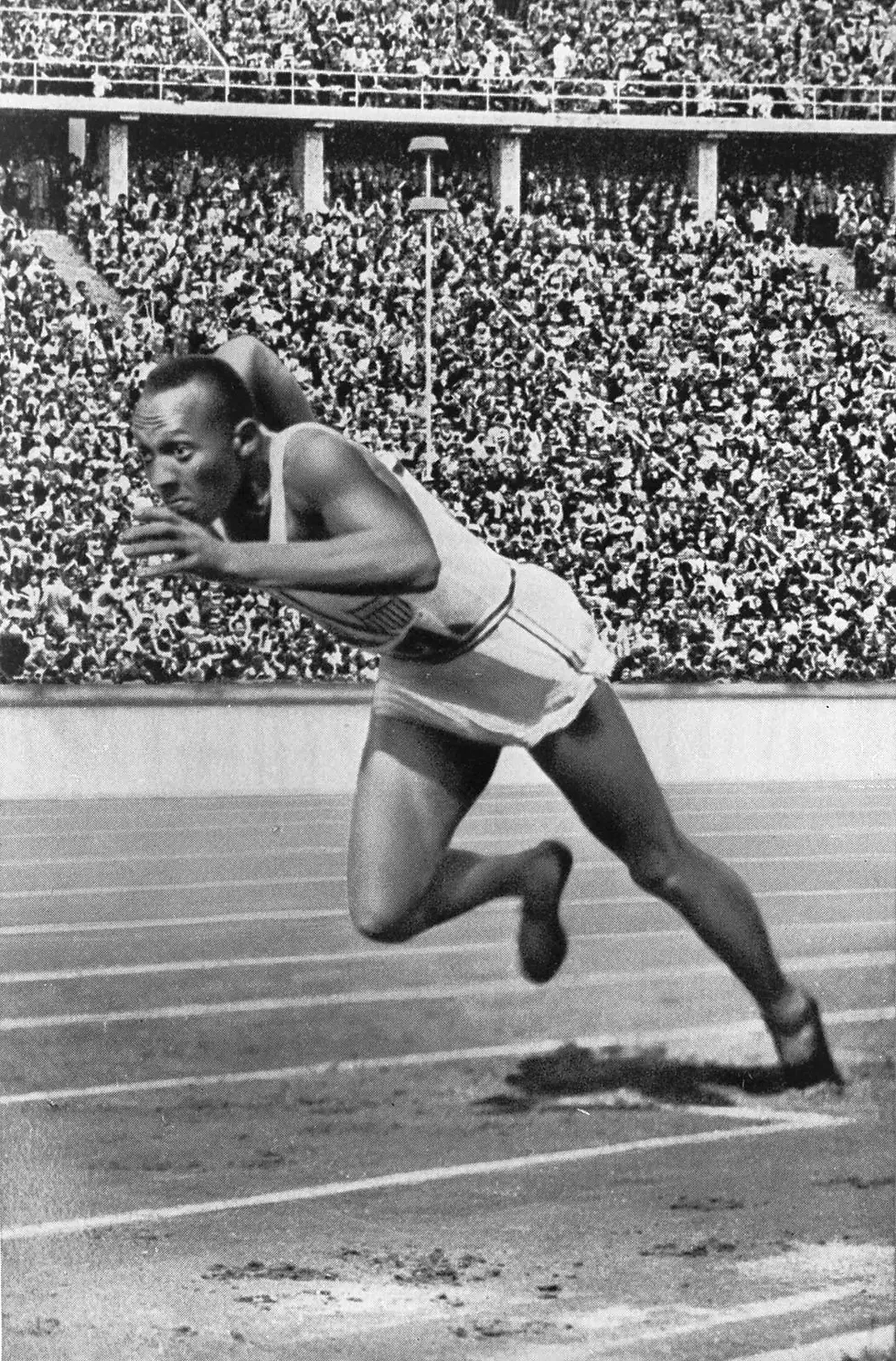Torchbearer’s Tale: Spyridon Louis and the Spirit of a Nation
- insidetherings
- Jun 5, 2025
- 3 min read
Spyridon Louis – The Water Carrier Who Ran Into Legend

When the Olympic flame was lit for the first time in over 1,500 years, it wasn’t the world’s fastest athlete who stole the show—it was a humble Greek water carrier named Spyridon Louis, who turned an everyday grind into one of the most iconic underdog stories in Olympic history.
The Marathon Makes Its Debut
The marathon wasn’t just another event at the 1896 Athens Olympics—it was the event. Inspired by the legend of a messenger who ran from the battlefield of Marathon to Athens to deliver news of victory, this new race was a chance for Greece to reconnect with its ancient glory.
But most bets were on international stars. Greek hopes? Slim. Until Louis showed up.
Spyros: Not Your Typical Champion
Louis was 23 and from the small village of Marousi. His day job? Hauling water in jugs across dusty roads. No fancy coach, no running shoes—just grit and endurance built from daily life.
He barely qualified for the marathon. Only a former army officer who believed in him convinced Louis to give it a try. His fifth-place finish in the trial raised few eyebrows—but it got him a spot on the starting line.

The People’s Race
On April 10, 1896, seventeen runners took off from the town of Marathon, facing a hilly, punishing 40-kilometer route to Athens.
Early on, foreign runners dominated. Australia’s Edwin Flack surged ahead. France’s Albin Lermusiaux gave chase. But heat and hills began to wear them down.
Louis? He kept a calm, steady pace—water carrier instincts kicking in. One by one, he passed fallen competitors. By the time he neared Athens, word had spread: a Greek was leading!
As he entered the Panathenaic Stadium, crowds erupted. Royalty ran beside him. Spyridon Louis crossed the finish line in 2 hours, 58 minutes, and 50 seconds—and into legend.
From Donkey Cart to National Icon
The win wasn’t just a personal triumph—it was a national celebration. Greece had only recently emerged as a modern state. Louis’s victory felt like a gift from the gods.
King George I offered him anything he desired. Louis asked for a donkey-drawn cart to grow his water business. Citizens showered him with gifts—clothes, watches, land.
But Louis didn’t chase fame. He went back home, married his sweetheart, and lived a simple life.
The Long Run of Legacy
He never raced again. Yet his legend lived on. In 1936, 40 years later, an elderly Louis attended the Berlin Olympics as a guest of honor. He handed Adolf Hitler an olive branch from Olympia—an unforgettable image of peace in troubled times.
Louis passed away in 1940, but his story still echoes. In Greece, to "run like Spyridon Louis" means running with heart, humility, and pride.
More Than Medals
Spyridon Louis wasn’t a polished athlete. But he had what the Olympics are truly about: determination, belief, and the support of a country.
He reminds us that the Games aren’t just about records—they’re about stories. About people who rise to the occasion and make history when no one expects them to.
The marathon he won was about more than distance. It was about spirit—and his still carries on.




Comments